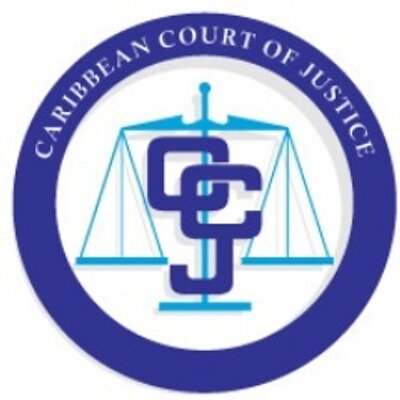Port of Spain, Trinidad – The Caribbean Court of Justice (CCJ) late Friday, published its judgment denying special leave in a case out of Barbados, in which Ramnarace Ramassar sought permission to appeal an ejection order obtained against him by his landlord, Stella Scantlebury.
According to court documents, on October 7, 2021, Scantlebury sought and obtained an order in the Magistrate’s Court for Ramassar’s ejection from the rented premises.
Ramassar’s appeal against the ejection order was dismissed by the Court of Appeal which also awarded costs to Scantlebury, however, Ramassar then sought leave from the Court of Appeal to appeal to the Trinidad and Tobago based CCJ, but that application was denied.
After two administratively defective applications for special leave were filed in the CCJ and refused, Ramassar made a third application on April 3, 2023, which was accepted by the Court.
This was an urgent application for special leave to appeal out of time and as a poor person and presented supporting affidavits.
The application complained that there was a breach of natural justice because the very same panel of the Court of Appeal which heard the initial appeal on October 18, 2022, also decided on January 18, 2023, to refuse leave to appeal to the CCJ.
Ramassar also argued that he had an appeal as of right as the value of the property exceeded BDS $18 250; and, further, that the interpretation by the Court of Appeal of Section 13 of the Landlord and Tenant (Registration of Tenancies) Act Cap 230A raised a matter of general public importance, especially in relation to the production of a Certificate of Registration.
The CCJ, in a judgment delivered by Justice Anderson, took the view that the value of the rented property was entirely irrelevant as the applicant chose the route of seeking to obtain special leave and, therefore, had to satisfy the requirements for the grant of special leave.
The CCJ found that there was no issue of public importance raised in the application.
There was no evidence that the Certificate of Registration was not valid as at the date of the tenancy; the respondent had given the entirely plausible explanation that the Certificate had been lost and that she had obtained a replicate copy from the Government Registration Department.
“Additionally, the application targeted the refusal of leave by the Court of Appeal instead of the substantive decision,” the court stated. In a concurring judgment, Justice Barrow pointed out that the CCJ’s Appellate Jurisdiction Rules, 2021 make express provision for a special leave application to be made where leave to appeal to the CCJ is refused by the Court of Appeal.
“The CCJ has laid down in the clearest of terms and in a number of instances that there is no appeal to this Court against the refusal by the Court of Appeal to grant leave to appeal. Therefore, the application was incapable of succeeding.”

